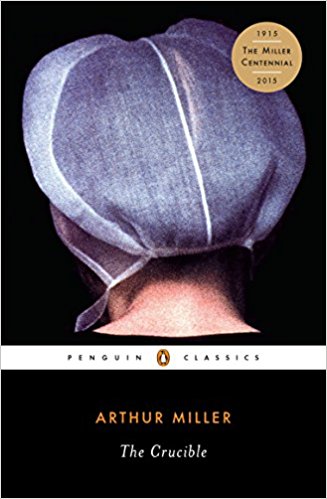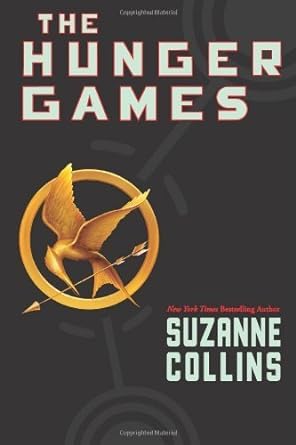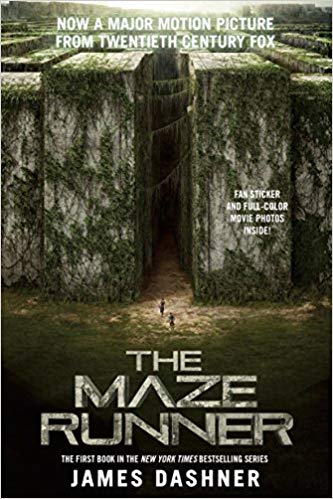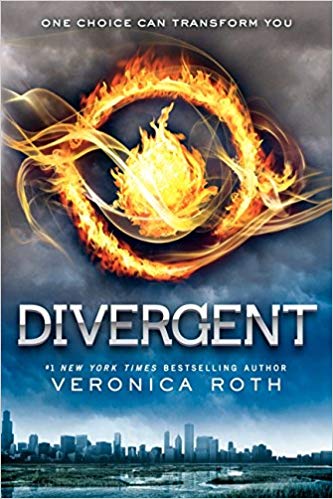Promoting Reading in your Classroom by Melissa Gulden
To call this school rural is an understatement. I have cows as my neighbors, the football field is affectionately known as “The Pasture,” and there’s an actual barn, where FFA students sell handmaid wreaths, poinsettias, and mandarins at Christmas time. I was the “new kid” coming in, and boy did they resent me.
So in I come with my brand-new bookshelves and my boxes upon boxes of all the Young Adult literature that I have amassed over my years of teaching. I also had recently framed my brand-new Reading Specialist certificate that I proudly earned during my doctoral program in English Education at LSU. I was ready for the year, or so I thought…
I’ve taught reluctant readers before, but this was a whole new ballgame. “I hate reading” was the mantra. And boy, did they mean it. I took the entire class to the library the first week to check out reading books—whatever they wanted—and it took longer than I imagined. Mostly, the students hung out among the back shelves and talked. Very few came to ask me for recommendations (they didn’t know me, after all), the rest picked out what looked tolerable to them. My brilliant idea of 10 minutes of reading time each day (which I had definitely lobbied for with my administration, by the way) was now appearing to be a form of torture, not a privilege.
I thought if I made it clear how much I value reading, then they might too. If they saw me reading, then they would read too. And if I made an assessment worth a lot of points, that they would take reading seriously. Instead, it was the opposite—barely any of them finished the quarter reading assignment because most of them didn’t finish their books! I thought the page requirement for juniors was reasonable, but I never bothered to figure out how well they could read and whether or not they would read. Their grades tanked. I needed to reassess the situation.
I did everything wrong. Everything I swore I’d never do, I did. Everything I learned from my gurus--Gallagher, Kittle, Miller, Beers—went out the window as I struggled to get these kids on board with reading. Didn’t anyone want to hear a Booktalk about my latest YA find? Didn’t anyone care what I was reading? These kids didn’t want to read the latest and greatest—hell, they didn’t want to read period.
| What happened to all of the ideas I had this summer while reading Pernille Ripp and others who seem to have classes of 25 perfect angels? I had such good intentions and now I feel like I’m stuck. And it isn’t only my classes—there is a culture here. I subbed for a teacher the other day and when we finished reading Julius Caesar a bit early, I asked them to take out their outside reading books. They all laughed and said, “We don’t read!” On the contrary—they had just read Shakespeare. OUT LOUD! So why don’t they think they can read? Or, more importantly, why don’t they want to read? Don’t tell me an entire school population, or just those in “regular” English classes don’t want to read. Reading isn’t only for honors kids. My juniors read The Crucible out loud and they were animated and so fun! But ask them to read quietly for ten minutes and it’s like asking them to recite the Declaration of Independence. Backwards. One of my students compared reading to “getting hit in the back of the head with a sledgehammer.” And he was serious. |
And the most beautiful music to my ears? “Ms. Gulden, what do you recommend?” Oh the places we’ll go!
Because I am an English teacher. I love books and I love kids. And when I can get the right nook in the right hands…the magic happens. And if I can do that for even one student, then I will have succeeded.
Until next week.












 RSS Feed
RSS Feed